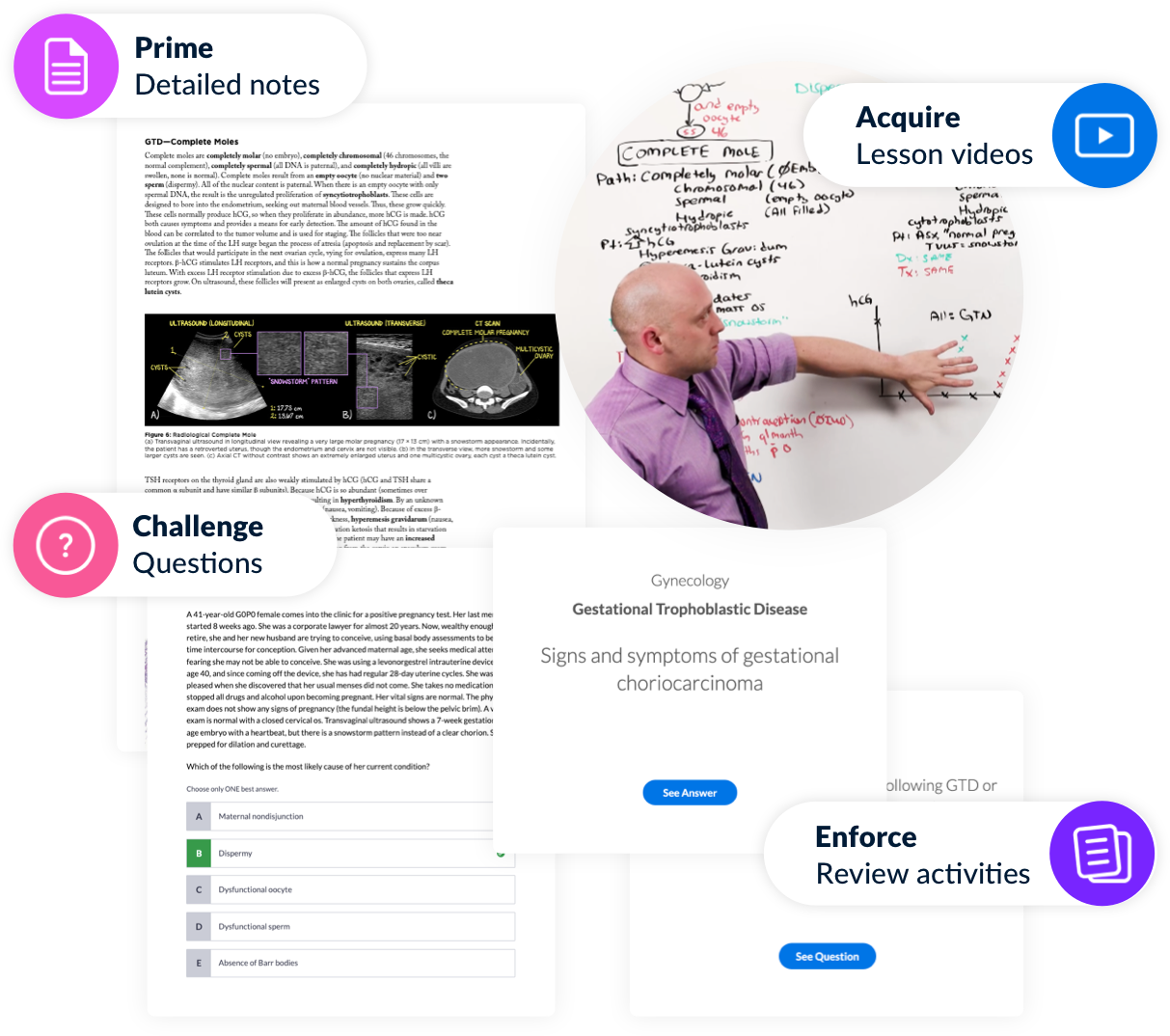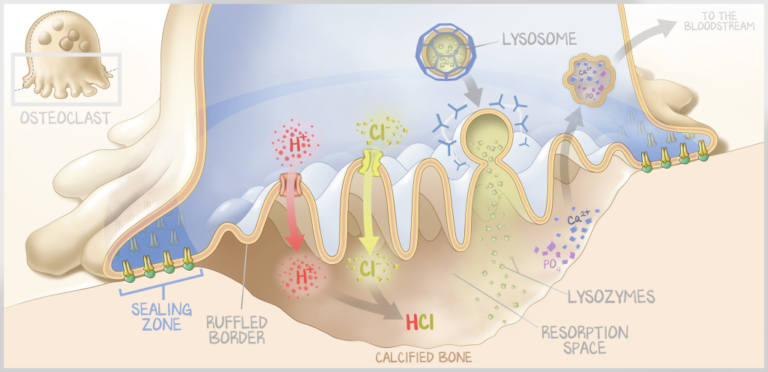Achieve more, from the start.
Provide a supportive start for your students embarking on their professional journey.
OnlineMedEd offers a longitudinal and integrated curriculum backed by evidence-based educational theory and supported by a team of medical educators. Utilizing OnlineMedEd as part of a pre-matriculation program, students will be better prepared for the rigors of first year of medical school and other health professions training programs, through a focused review of foundational content, as well as personal skills such as time management and study strategy. For schools working to increase the pipeline of URiM students, a pre-matriculation program can support your incoming students at risk for academic difficulty and has been show to significantly improve their overall chances for a smooth transition to medical school and other programs for health professionals.
Preparation
Pre-matriculation programs are designed to prepare students for the rigors of medical school. They help students learn and practice a variety of learning strategies in a structured and lower-stress environment before the semester begins.

Ensuring Success

Learning Modalities
Improving Performance
Content delivered across multiple modalities.
Our integrated curriculum enhances understanding and retention by chunking relevant material, integrating retrieval-based practice, and utilizing multiple learning modalities. Our notes, video lessons, challenge questions, and memory tools are built to make mastering the material more efficient and applying knowledge easier as learners enter medical school. And it’s delivered with one unified voice, absent dissonance, to ensure thorough coverage and consistency.

An introduction to essential learning skills.
Your students will benefit from the quality built into each modality of OnlineMedEd materials. This content can be easily positioned to bridge the knowledge gap from undergraduate studies to medical school or other health professions training programs. You can be confident that students with non-science majors, those changing professions, or those from disadvantaged backgrounds will be exposed to material preparing them for their initial year of preclinical sciences. Faculty will also be able to identify performance gaps and pinpoint areas of strength and develop more personalized guidance early in the process.





